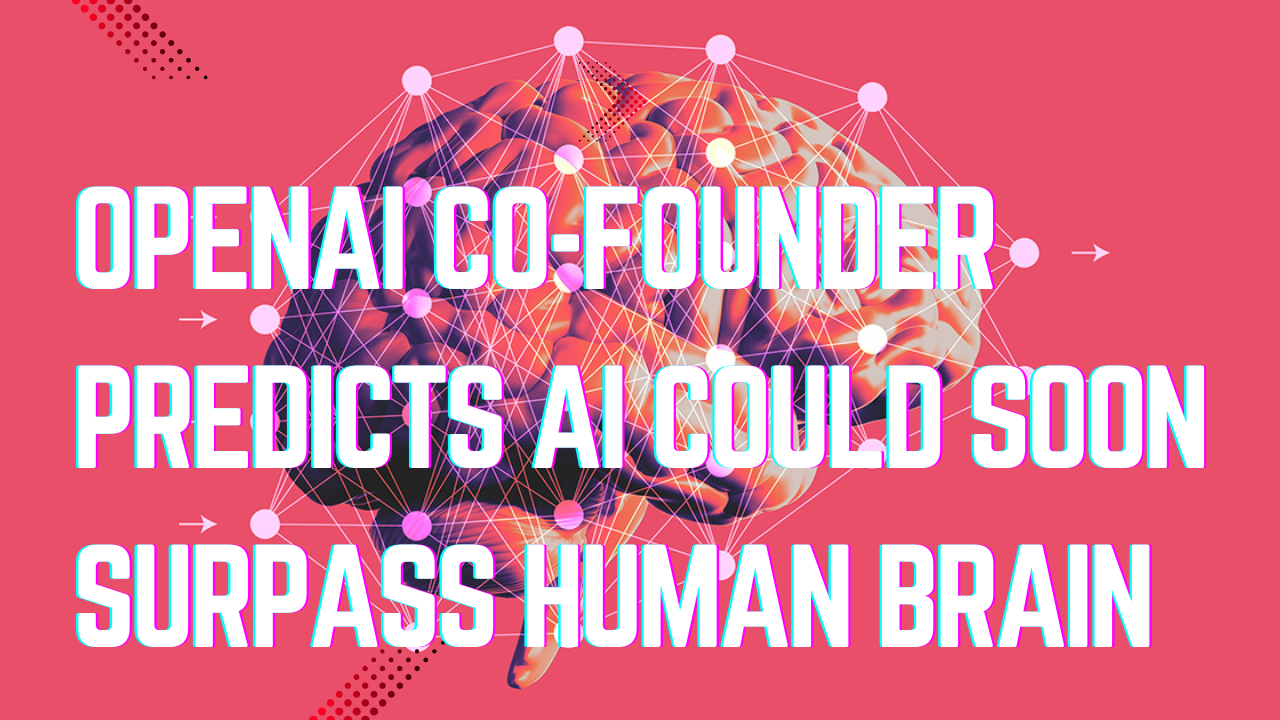Andrej Karpathy, co-founder of OpenAI, has made a stunning prediction: transformer models, the powerhouses behind much of today’s AI, may soon surpass the human brain in capabilities. This audacious forecast has ignited a firestorm of debate among experts and enthusiasts alike, raising profound questions about the future of artificial intelligence and its relationship to human cognition.
The Rise of the Machines?
Imagine a world where machines not only understand and process information like humans but potentially do it better. That’s the future Karpathy is hinting at, and it’s closer than you might think.
Transformers, the AI architectures that have revolutionized natural language processing, are now showing an uncanny ability to mimic certain brain functions. Recent research has revealed that these digital marvels can replicate computations performed by specific brain cells, such as grid cells crucial for spatial awareness and memory.
Dr. Sarah Chen, a neuroscientist at Stanford University, explains, “We’re seeing transformers effectively model the hippocampus, a key region for memory processing. It’s like watching a digital brain emerge before our eyes.”
From Language to Thought: The Transformer’s Journey
But how did we get here? Transformers, initially designed for language tasks, have evolved far beyond their original purpose. They’re now tackling everything from protein folding to music composition, showcasing a versatility that’s eerily brain-like.
“It’s not just about processing words anymore,” says Dr. Marcus Ling, AI researcher at MIT. “These models are beginning to understand context, make inferences, and even exhibit problem-solving skills that we once thought were uniquely human.”
The Human Element: Still Irreplaceable?
Before we start welcoming our new AI overlords, it’s crucial to note that transformers still have significant limitations. While they excel in structured tasks and can generate impressively coherent text, they struggle with broader cognitive functions like creativity and emotional understanding.
“Transformers are incredibly powerful, but they’re not human,” cautions Dr. Elena Rodriguez, ethicist at the AI Ethics Institute. “They lack the nuanced understanding of the world that comes from lived experience. We must be careful not to anthropomorphize these models too much.”
The Road Ahead: Challenges and Possibilities
As transformer technology continues to evolve, it opens up exciting possibilities. Could we see AI that not only processes information faster than humans but also makes connections and insights beyond our capabilities?
Karpathy’s prediction suggests we’re on the cusp of a new era in AI, one where machines might not just assist human thought but potentially surpass it in certain domains. However, the journey towards true artificial general intelligence remains complex and fraught with challenges.
What This Means for You
The implications of Karpathy’s prediction are far-reaching:
- Education: How will we educate future generations in a world where AI can outperform humans in certain cognitive tasks?
- Employment: What new opportunities and challenges will arise in a job market reshaped by superintelligent AI?
- Ethics: As AI capabilities grow, how do we ensure they’re developed and used responsibly?
The Final Word
While transformers may soon approach or even exceed certain cognitive functions of the human brain, the full spectrum of human intelligence remains a distant goal for AI. As we stand on the brink of this new frontier, one thing is clear: the relationship between human and artificial intelligence is set to become more complex, more fascinating, and more important than ever before.
What do you think? Are we ready for a world where AI might outthink us? The future is unfolding before our eyes, and it promises to be nothing short of revolutionary.

